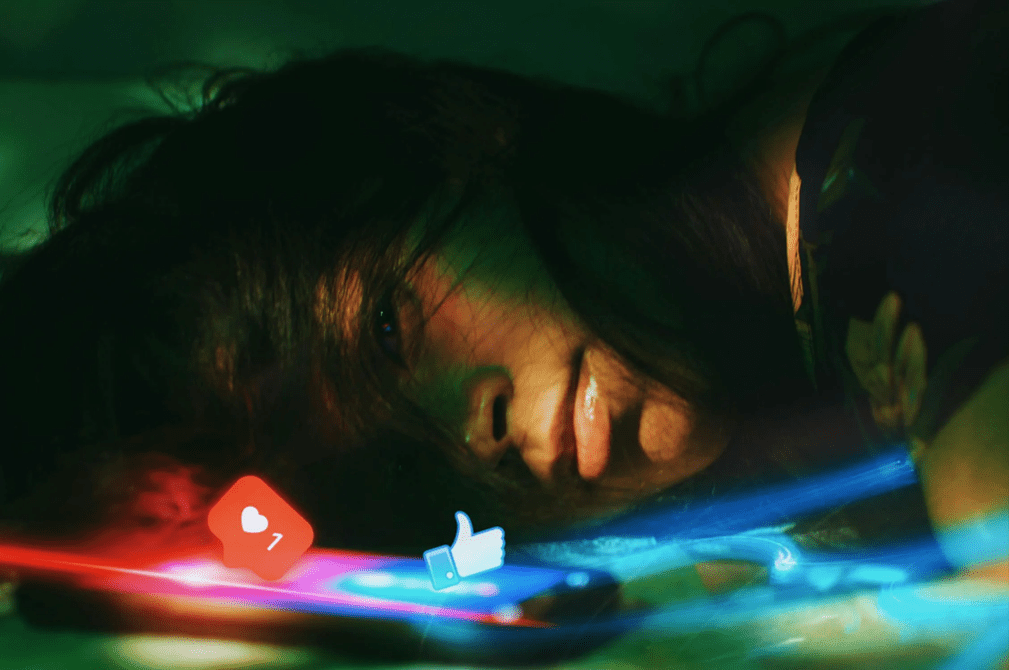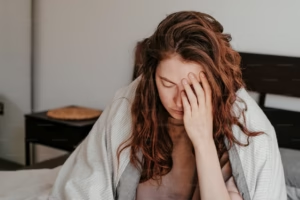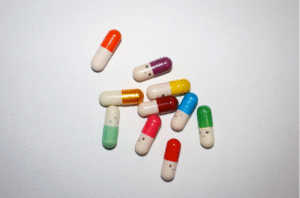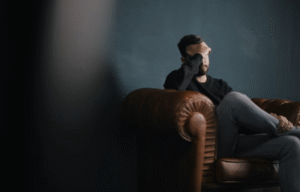Table of Contents
In today’s hyper saturated world, social media is everywhere—Instagram, TikTok, Facebook, and Snapchat are a pivotal part of our lives. The main purpose of these platforms was to bring the world closer together, but paradoxically, they are making many of us feel lonelier than ever. One major reason? The pressure to live up to the “perfect” lives we see online. Research has been done which has shown positive associations between use social media use, depression and anxiety.
Behind all the filters and hashtags, countless people are silently battling depression triggered by the unrealistic standards set by social media.
The Illusion of Perfection
Social media portrays an illusion of perfection: flawless skin, dream vacations, happy relationships, and exciting careers. But that’s only the one side of coin, the content is carefully curated, filtered, and often exaggerated.
This constant exposure to “the so called perfect” lives can make you feel inferior and destroy your self-esteem. You start comparing your behind-the-scenes to someone else’s filtered reel—and that comparison can be emotionally damaging.

How Social Media Fuels Depression
Several studies link heavy social media use to increased rates of anxiety, loneliness, and depression. Here’s how the fake life on social media can impact your mental health:
- Constant comparison: This continuous comparison makes you question your self-worth.
- Fear of missing out (FOMO): Seeing others having fun or achieving milestones can make you feel left out or anxious.
- Low self-esteem: Constant exposure to filtered beauty standards can make you feel unattractive or not good enough.
- Engage in a hobby: Creative activities like painting, cooking, or journaling can help you shift your focus and reduce stress.
- Addiction to validation: You become dependent on external validation that comes only from the number of likes and comments.
Real People, Real Struggles
The harsh reality of social media is that many people who seem happy and living their best lives are the ones who are struggling the most behind-the-scenes. Depression doesn’t always look sad, hides behind all those smiles and laughter. Many use social media to camouflage their pain behind perfect aesthetics, making it harder for others—and even themselves—to acknowledge what they’re going through.
What You Can Do About It
If you feel social media is affecting your mental health, here are some practical steps you can take:
- Unfollow unrealistic accounts: Clean your feed of influencers or profiles that show unrealistic life.
- Limit screen time: Set daily time limits for social media apps.
- Follow mental health advocates: Fill your feed with positive, raw, and real content.
- Take social media breaks: Logging out for some time can detox the negativity and help you reconnect with yourself.
- Talk to someone: Don’t carry it all alone. Reach out to a trusted friend or a therapist.
Conclusion
Social media isn’t inherently bad, how we use it makes all the difference. If you’re feeling overwhelmed, depressed, or “not enough,” know this: you are more than a filter, more than a like count, and it’s always okay to step away from it.










